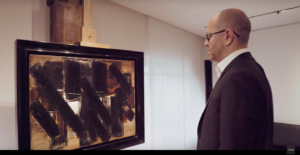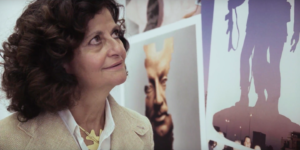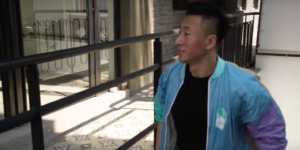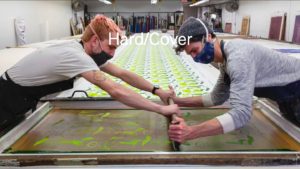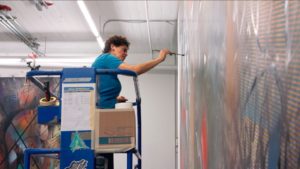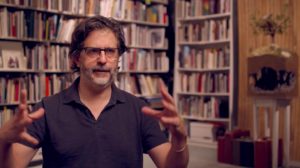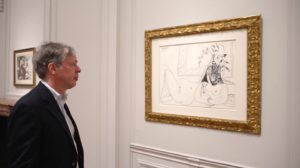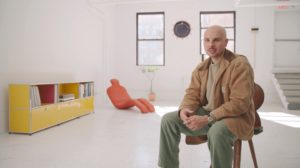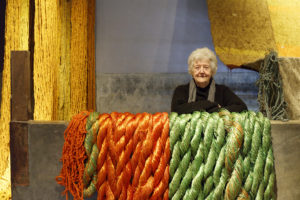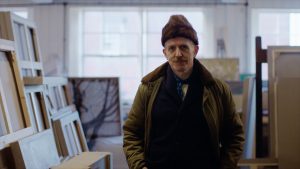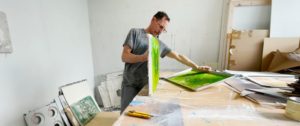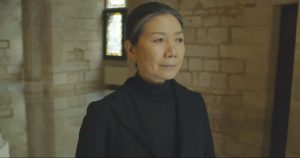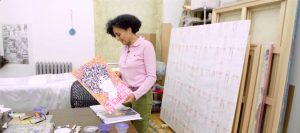
“I’ve been always trying to achieve the most essential and poignant elements of the world around me, by non-doing and non-making. And I believe that this approach is immaterial – not sellable in a way, and non-commercial. It’s –in a way – like air or water that we breathe and drink and share, without having a certain physicality. Art can achieve memory, in the end – memory of space, memory of time, and memory of personage.” — Kimsooja
The show must go on! Shortly after announcing the cancellation of the Art Basel Hong Kong fair over concerns regarding the ongoing Coronavirus epidemic, Art Basel announced the launch of a program of virtual viewing rooms. Almost as if they intended to highlight the sometimes non-commercial nature of ephemeral, conceptual art, Art Basel released this interview with Korean artist Kimsooja (b. 1957, Daegu, South Korea). Kimsooja spoke with Art Basel at her exhibition during Traversées, in Poitiers, France. She has also recently concluded an exhibition at the Peabody Essex Museum in Salem, MA, Kimsooja: Archive of Mind.
From Art Basel:
Kimsooja addresses existential questions with a staggering economy of means. And the traditional Korean fabric bundle known as bottari has long been the artist’s signature motif. These small parcels embody the essentials carried by those on the move, the few possessions that determine one’s identity, and often survival. But Kimsooja’s bottaris are not merely symbolic. Colorful and intricate, they also function as formal propositions; the artist calls them ‘three-dimensional paintings’. They are sculptural abstractions of sorts, each imbued with a powerful sense of humanity. On the occasion of her exhibition ‘Traversées \ Kimsooja’ in Poitiers, France, the artist recounts how the bottari entered her practice and discusses her art of ‘non-doing’.


